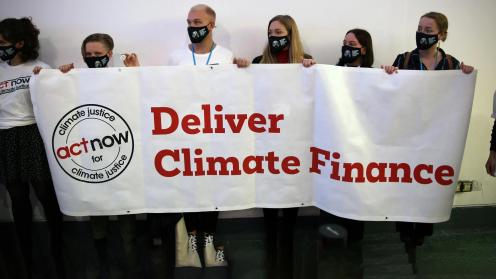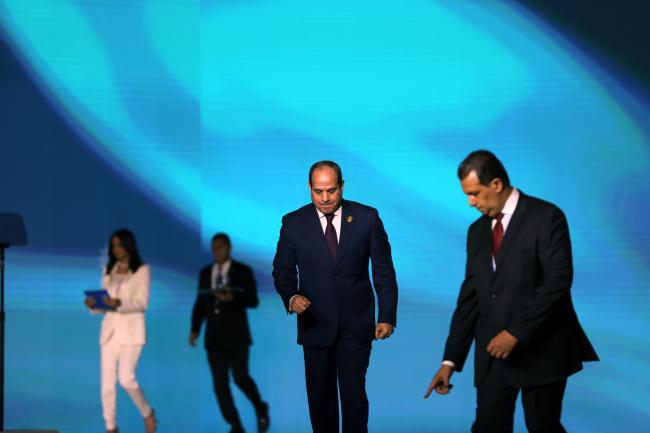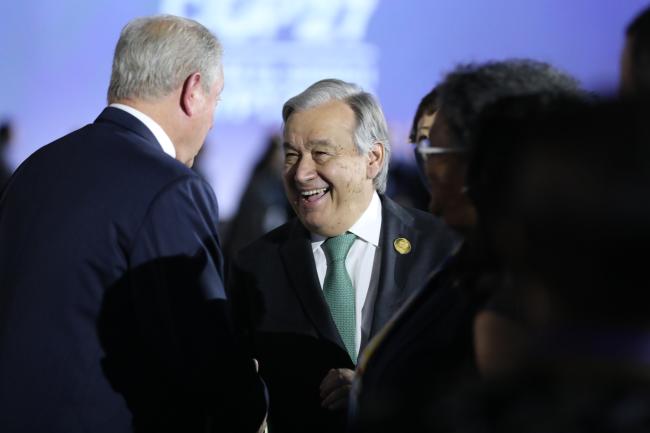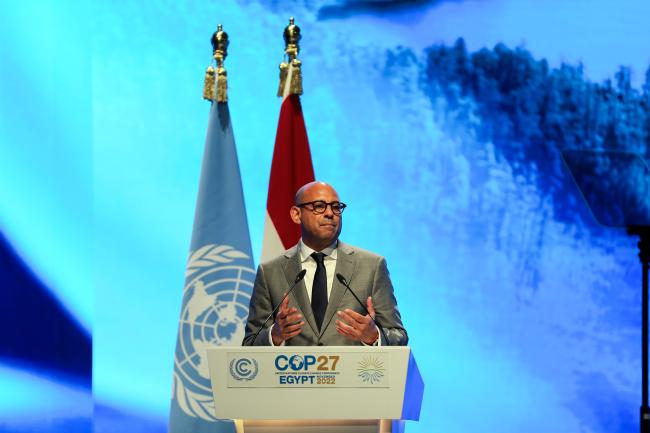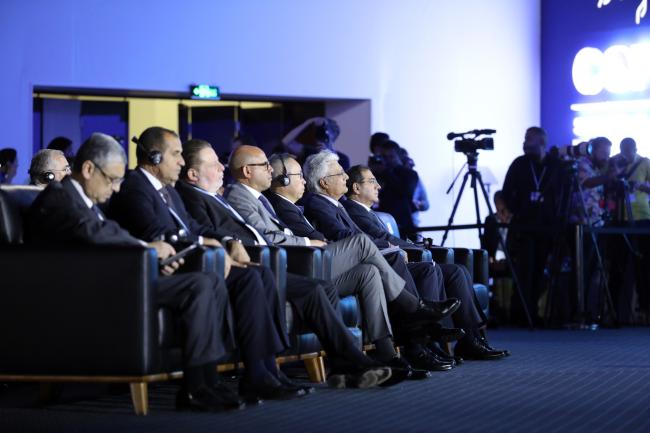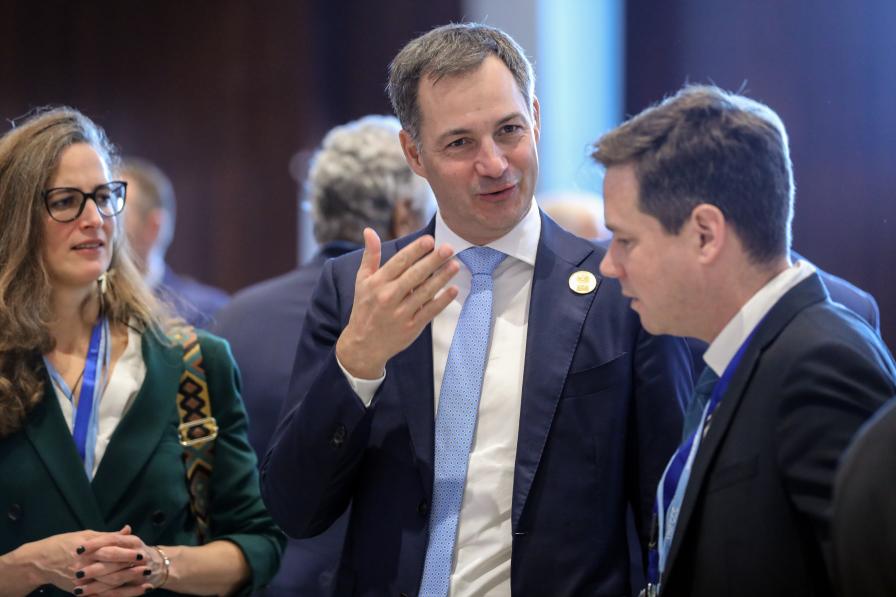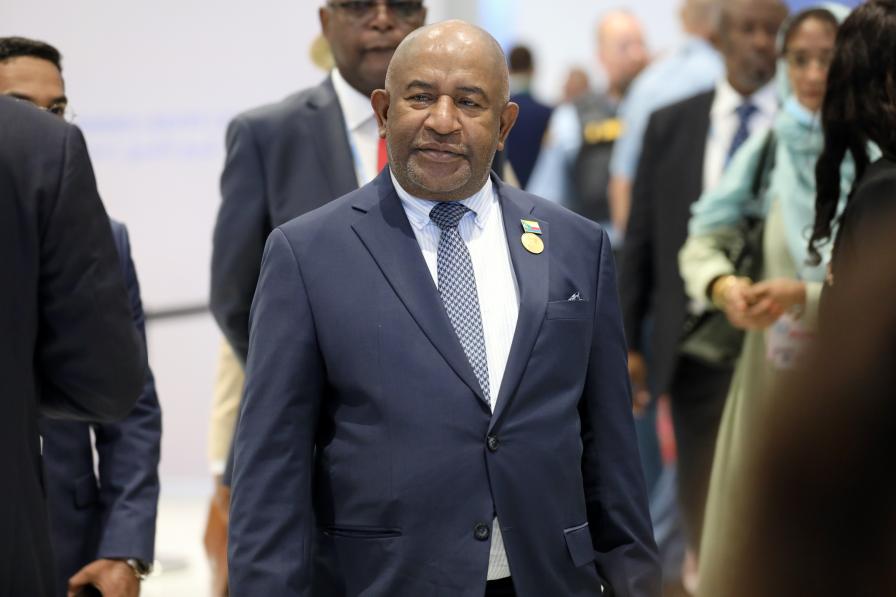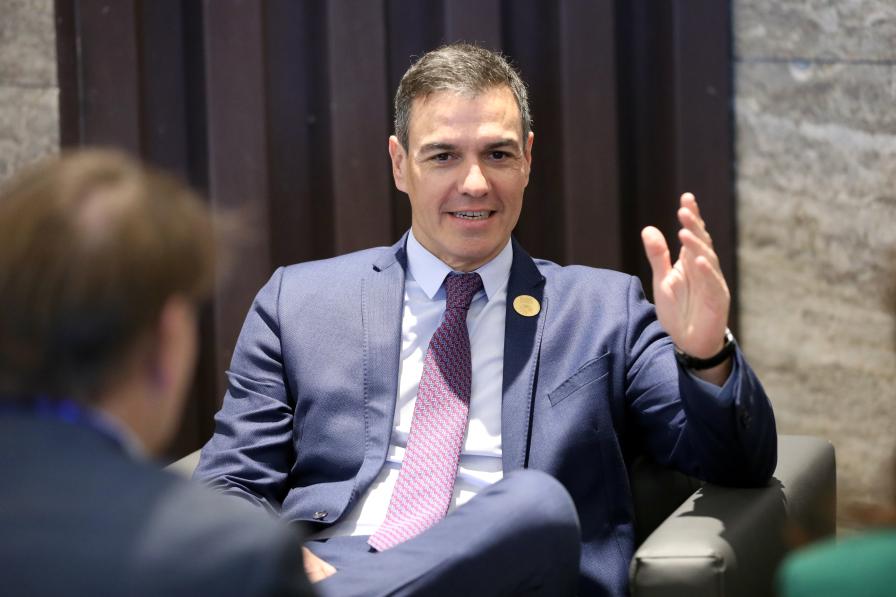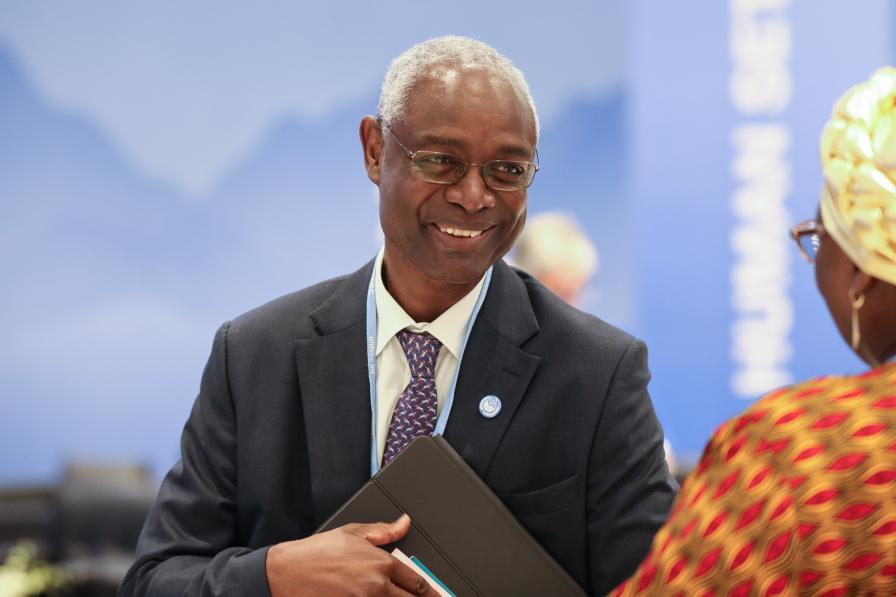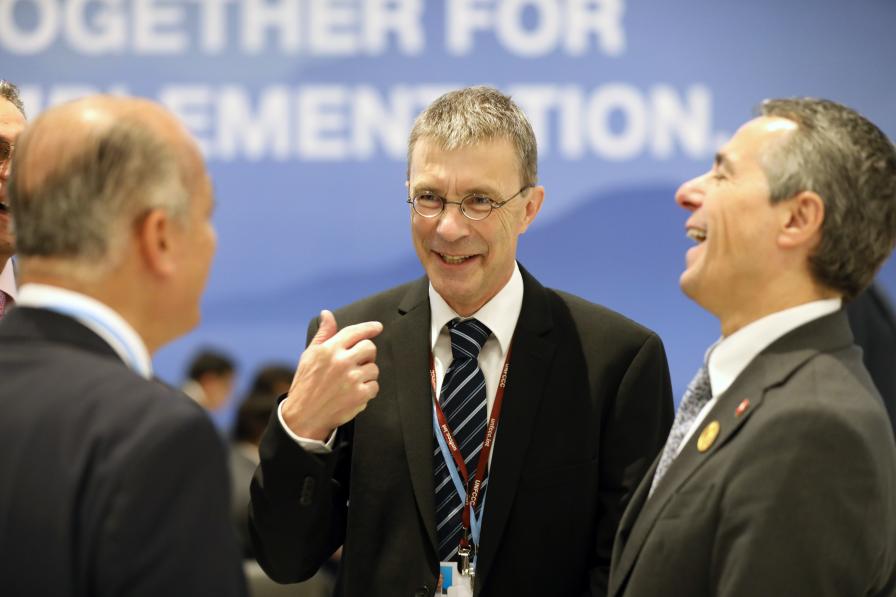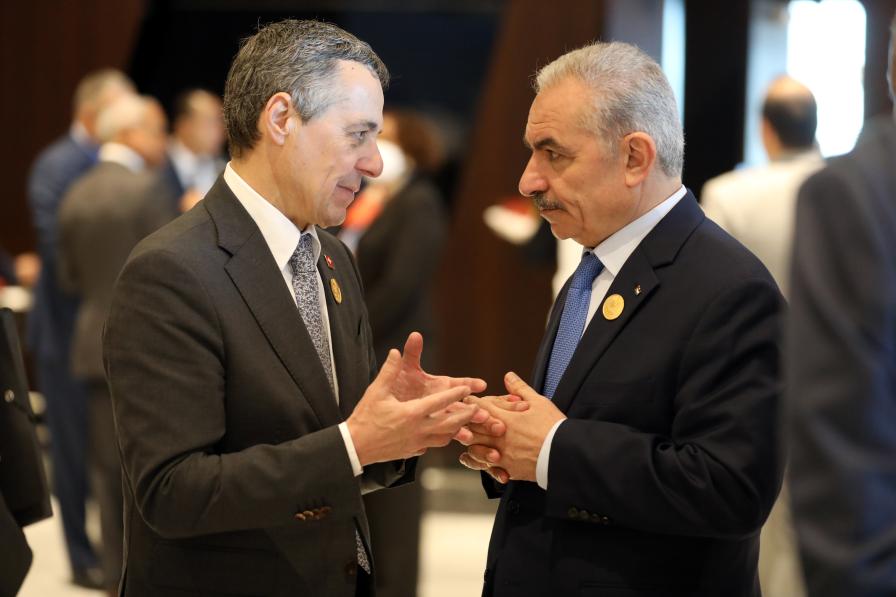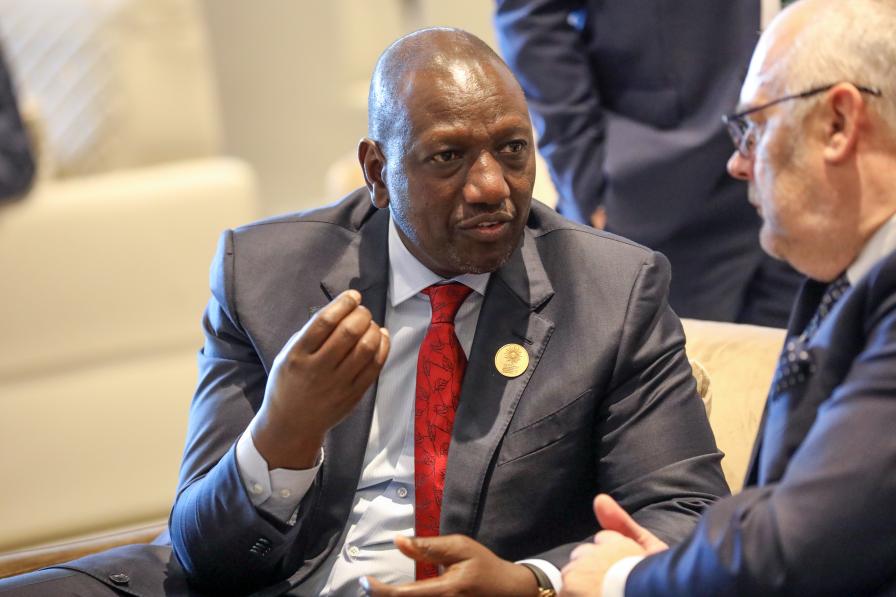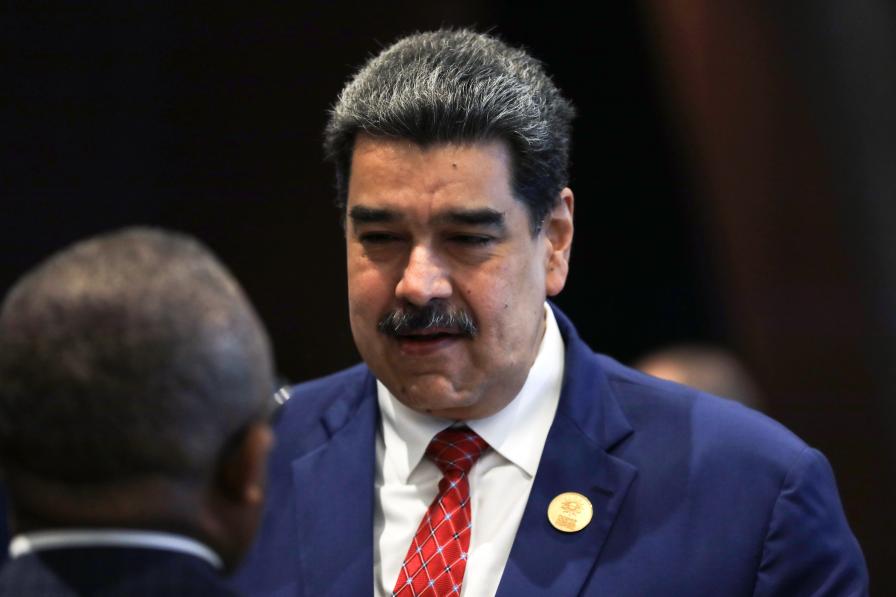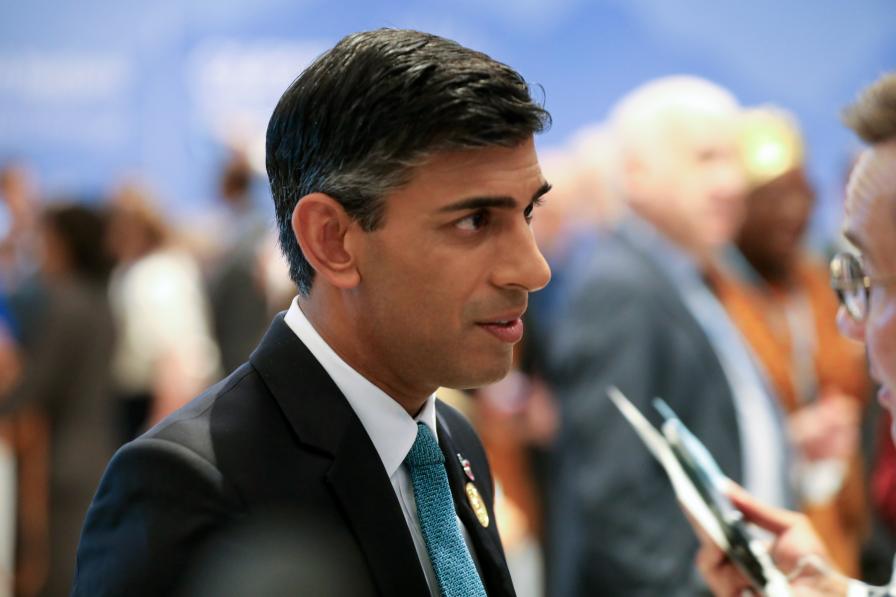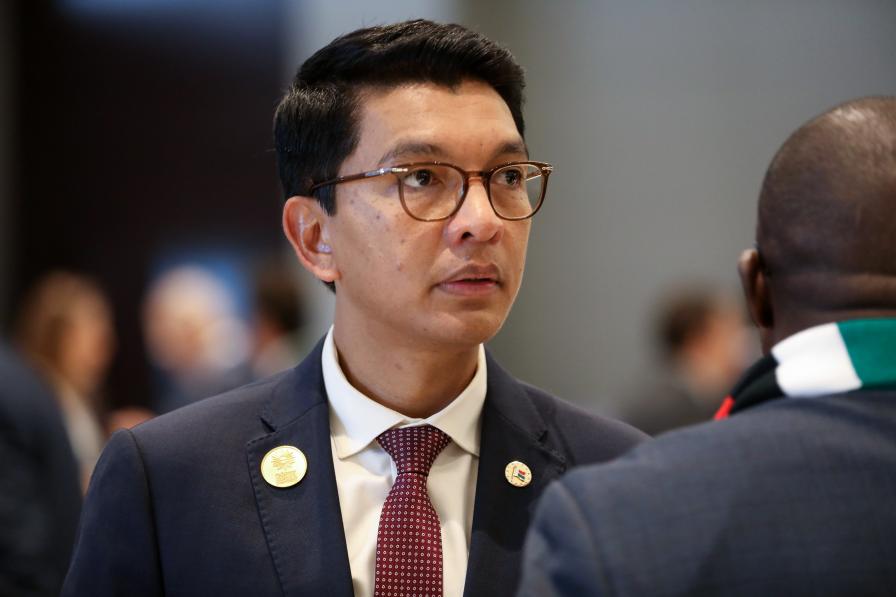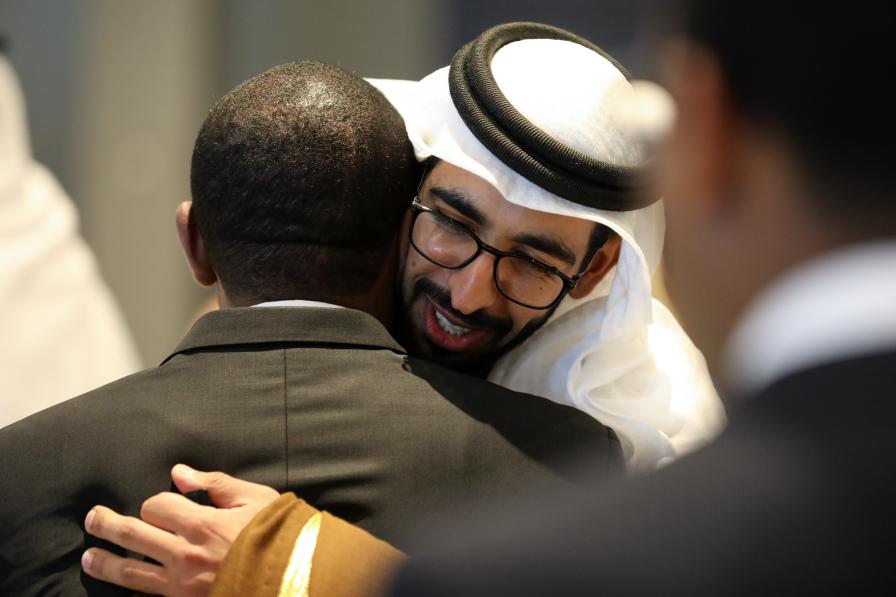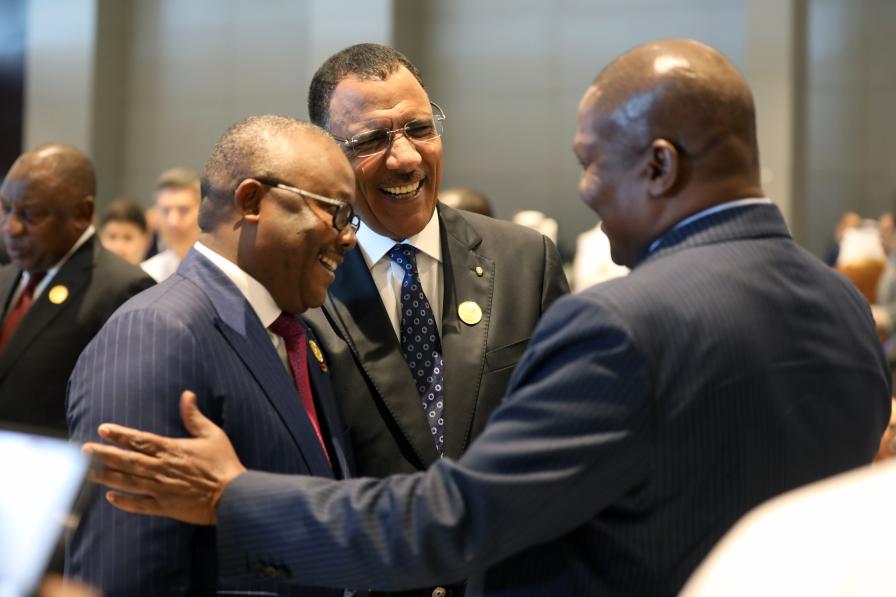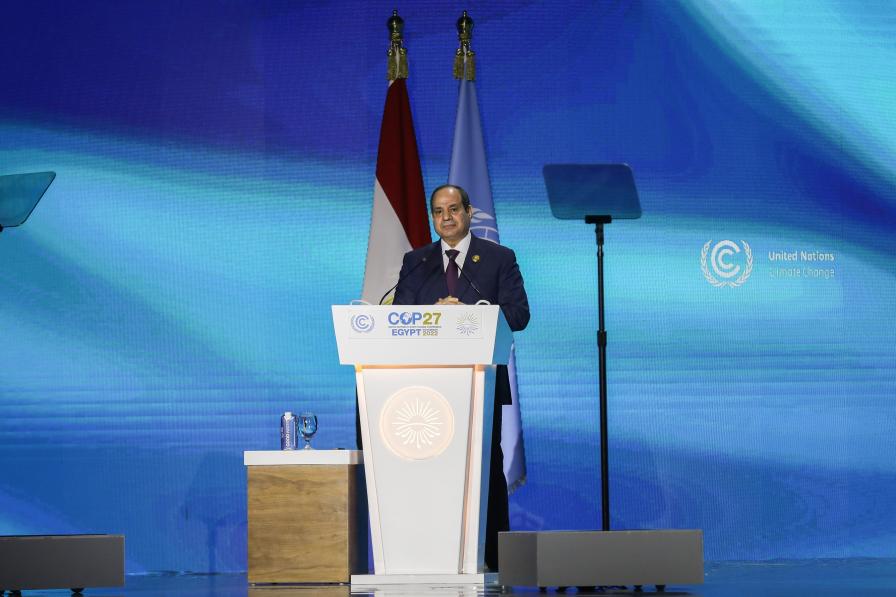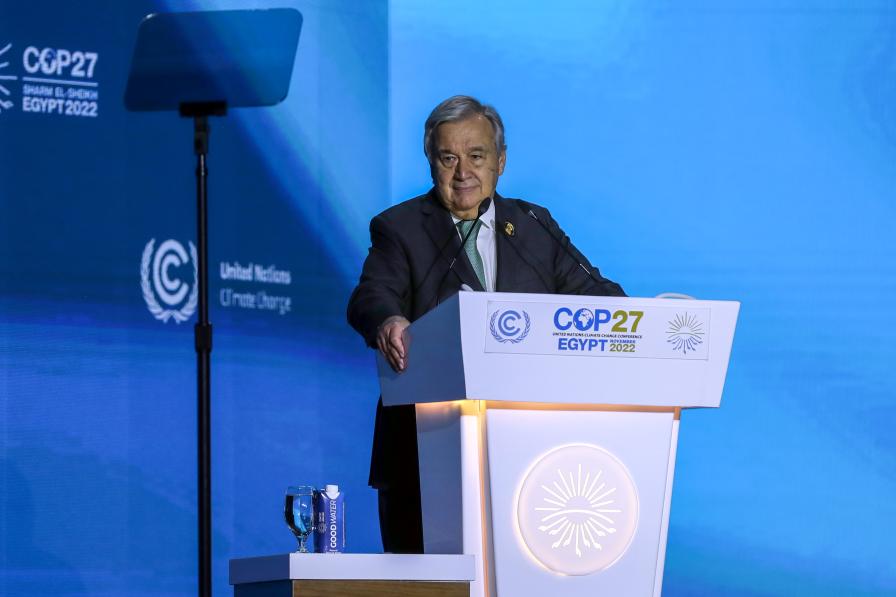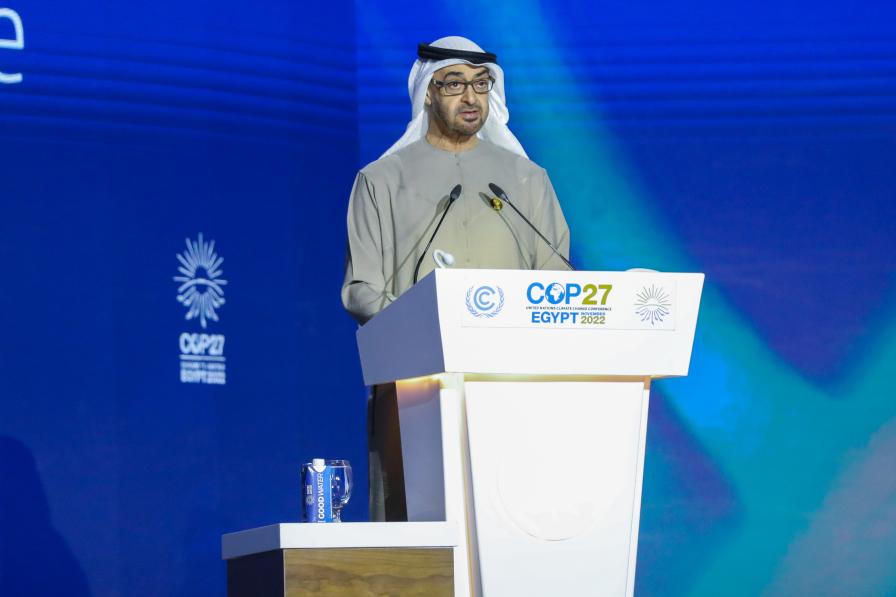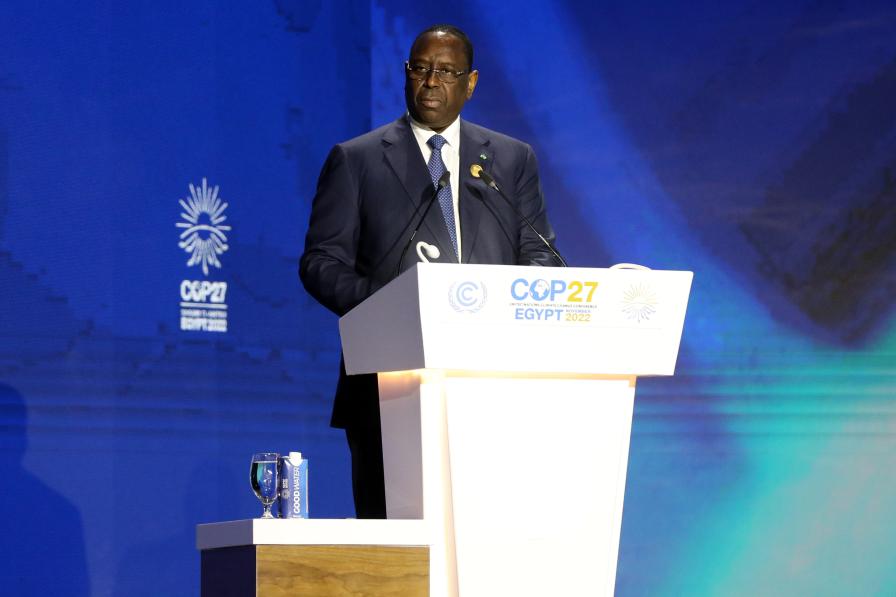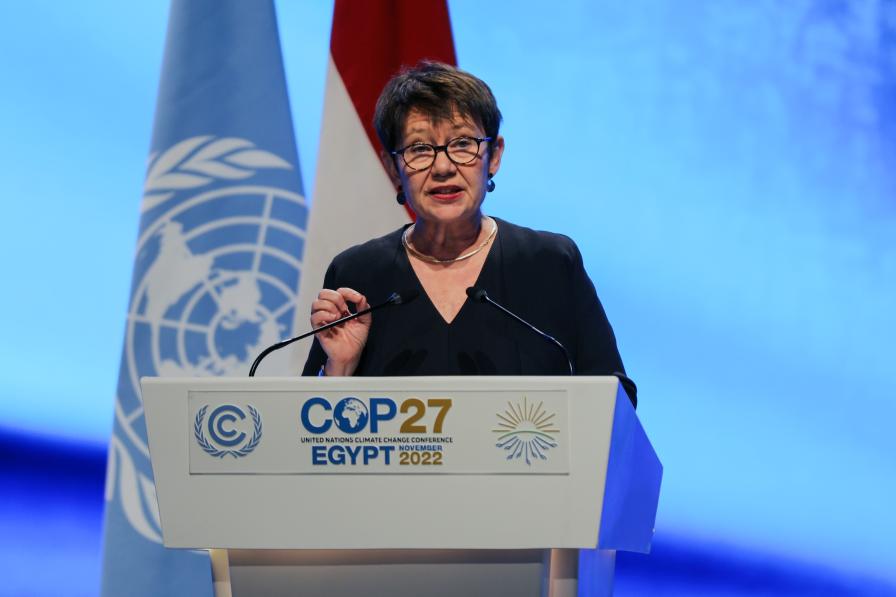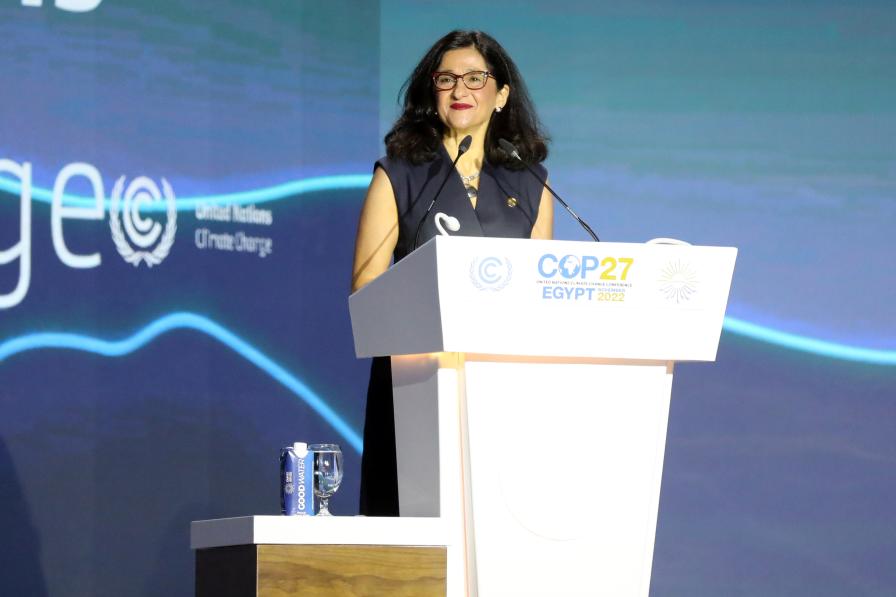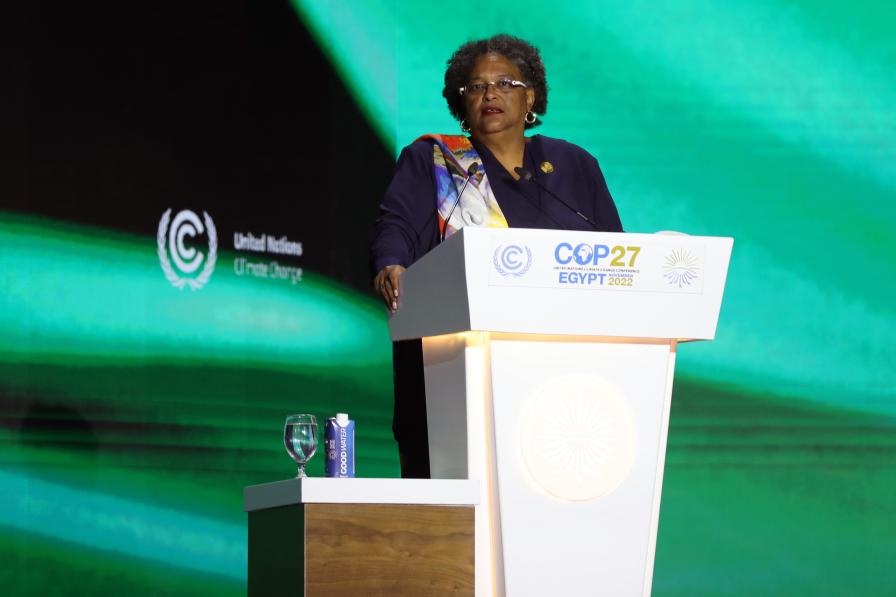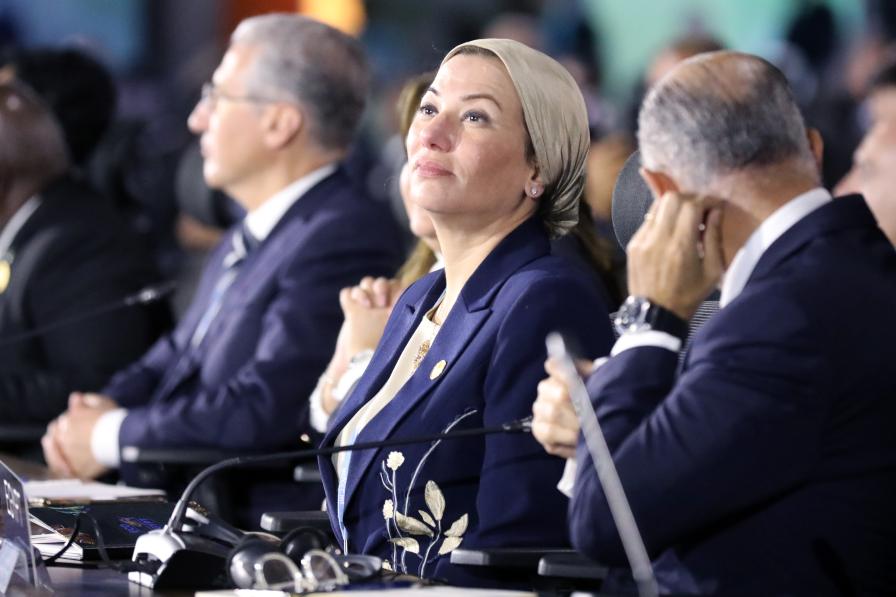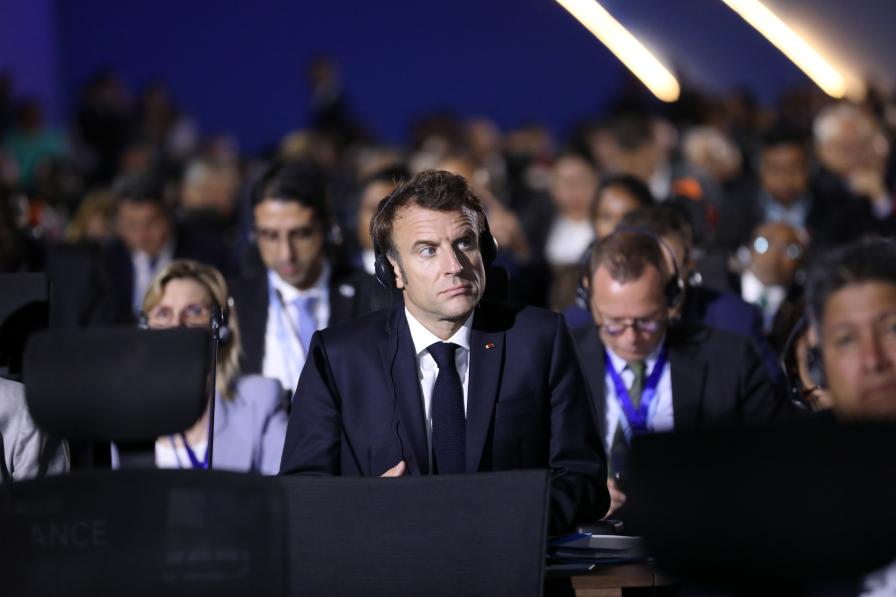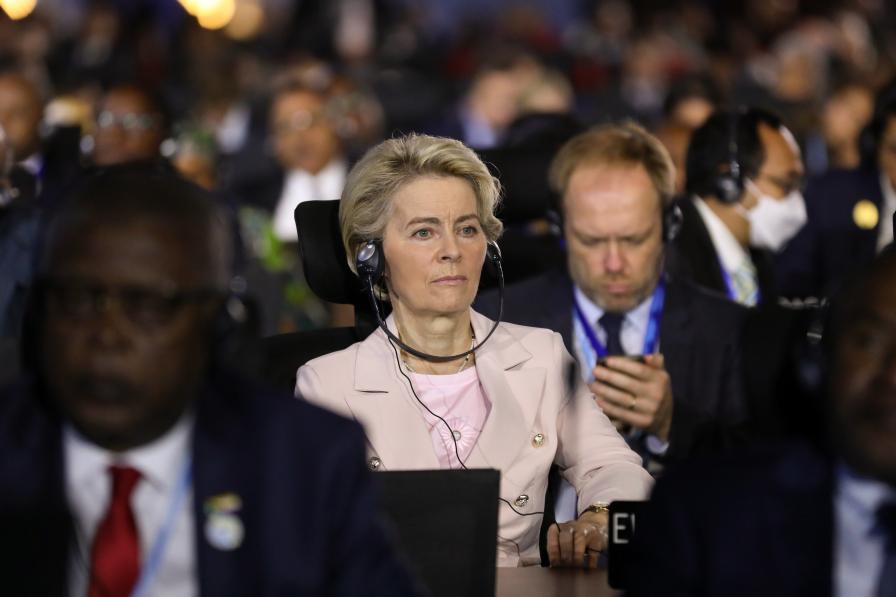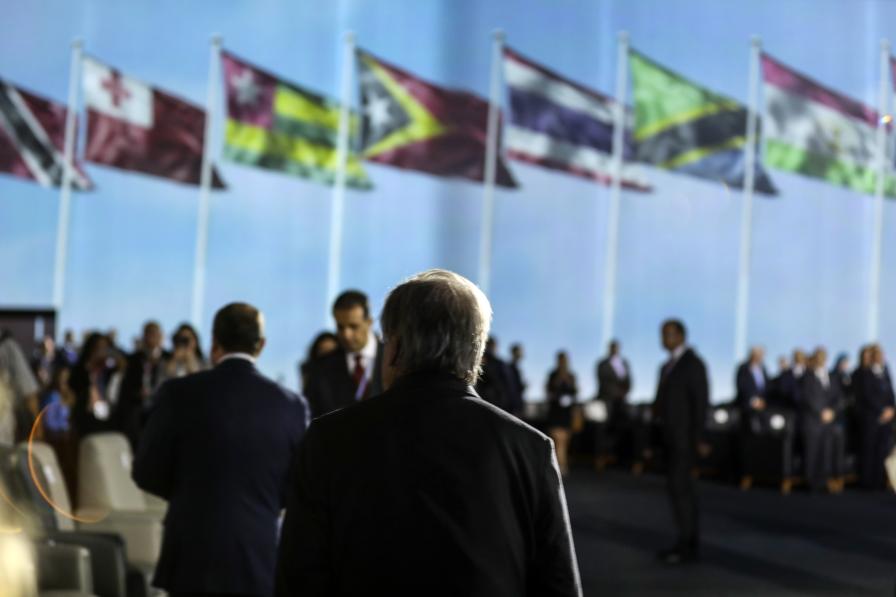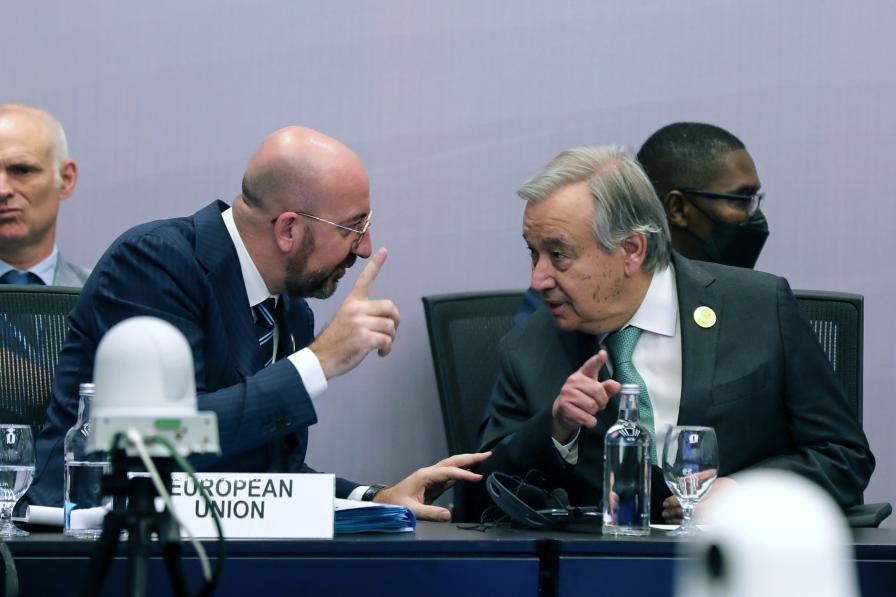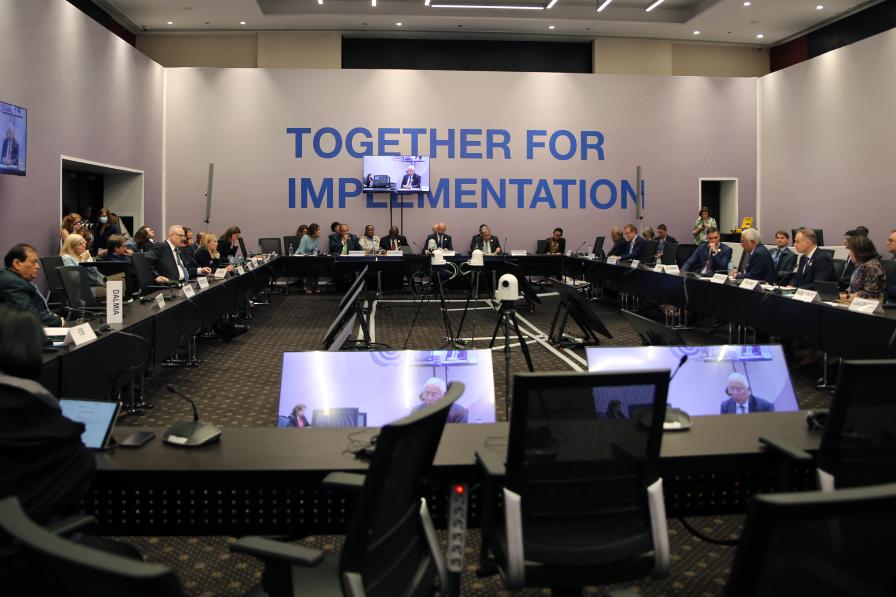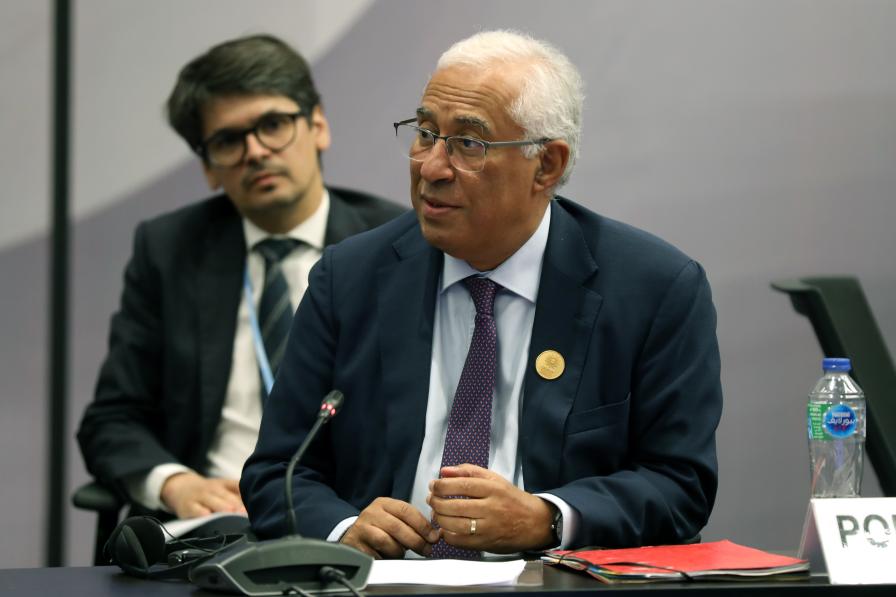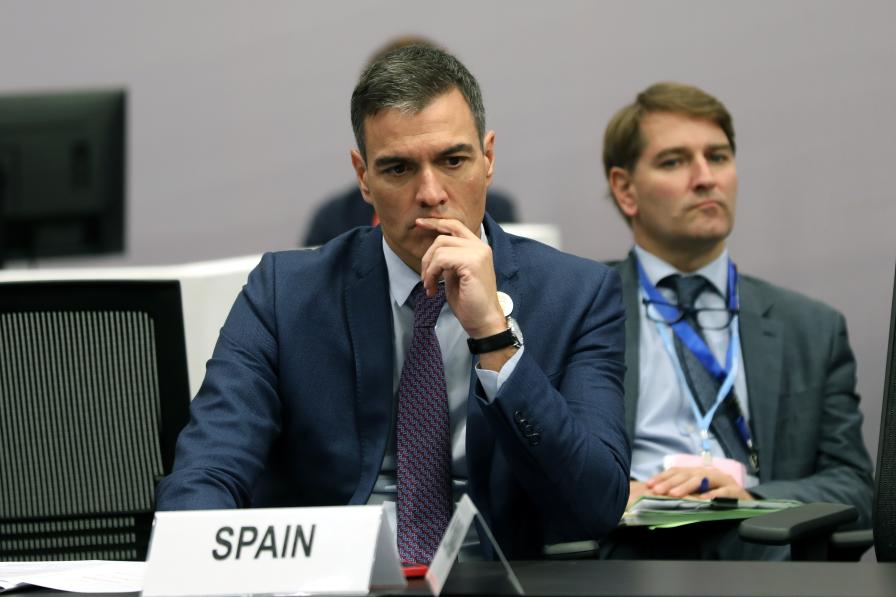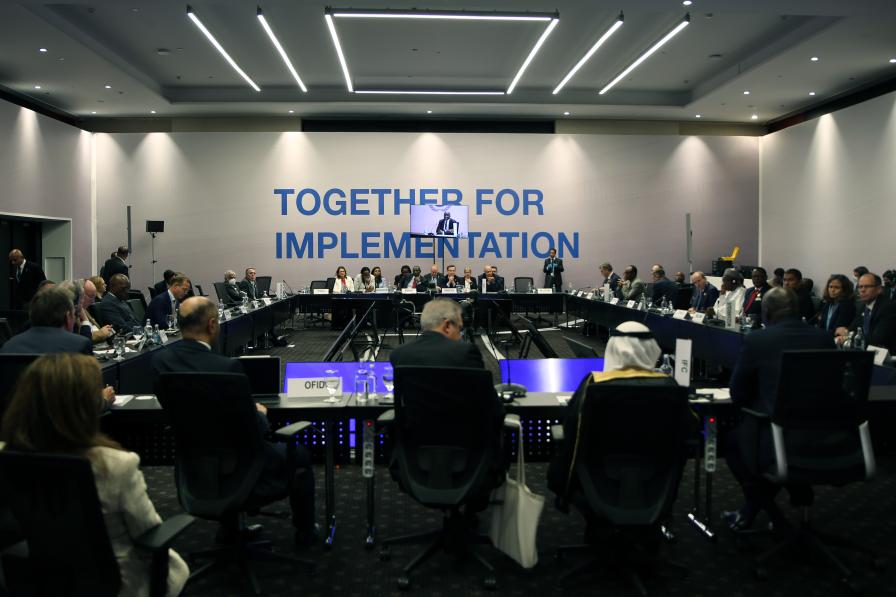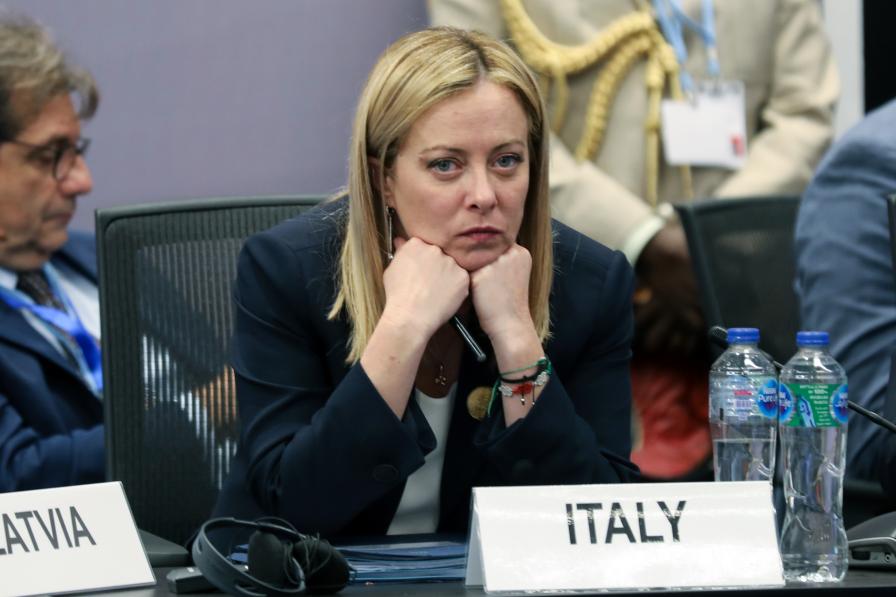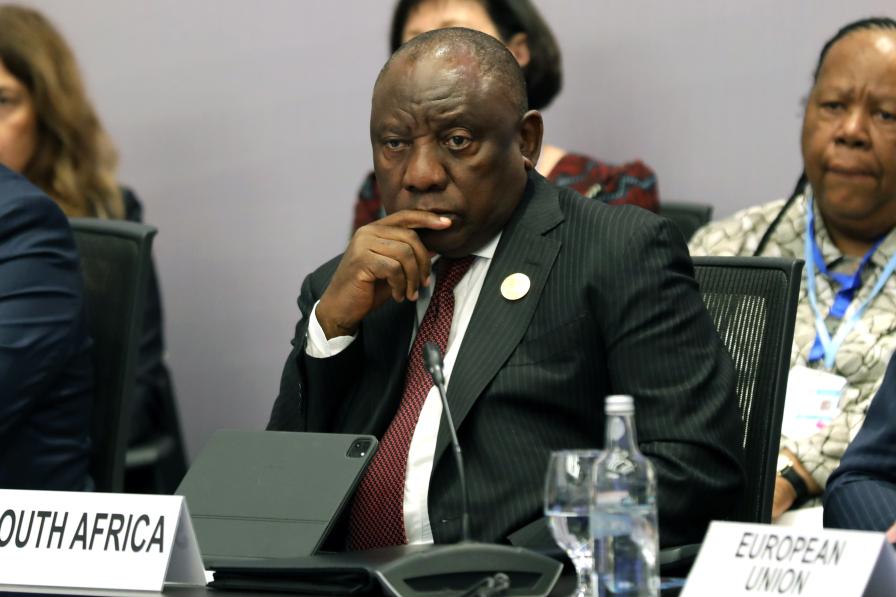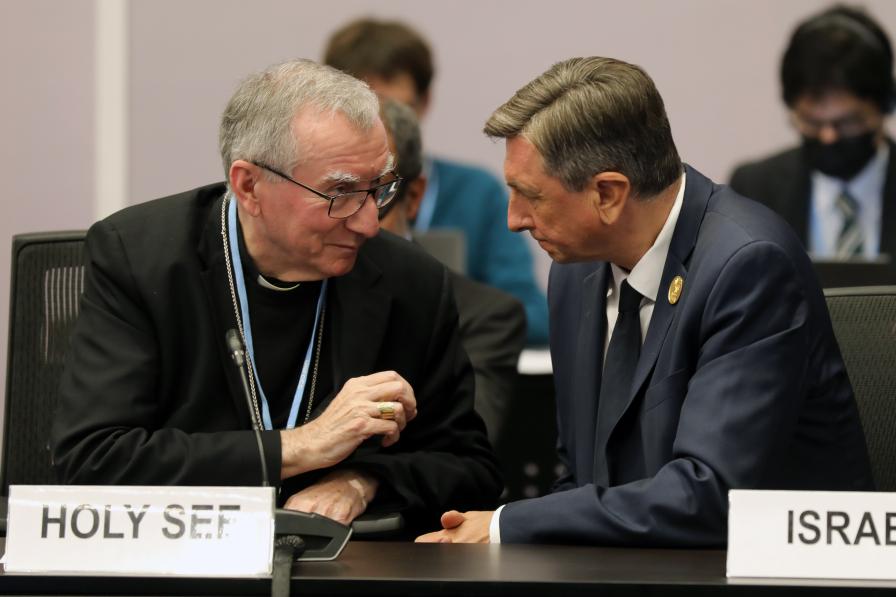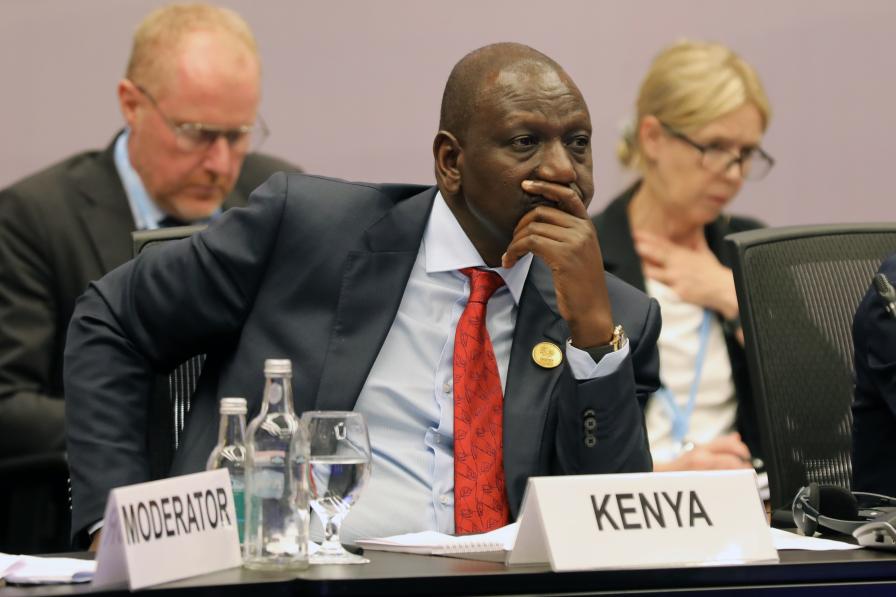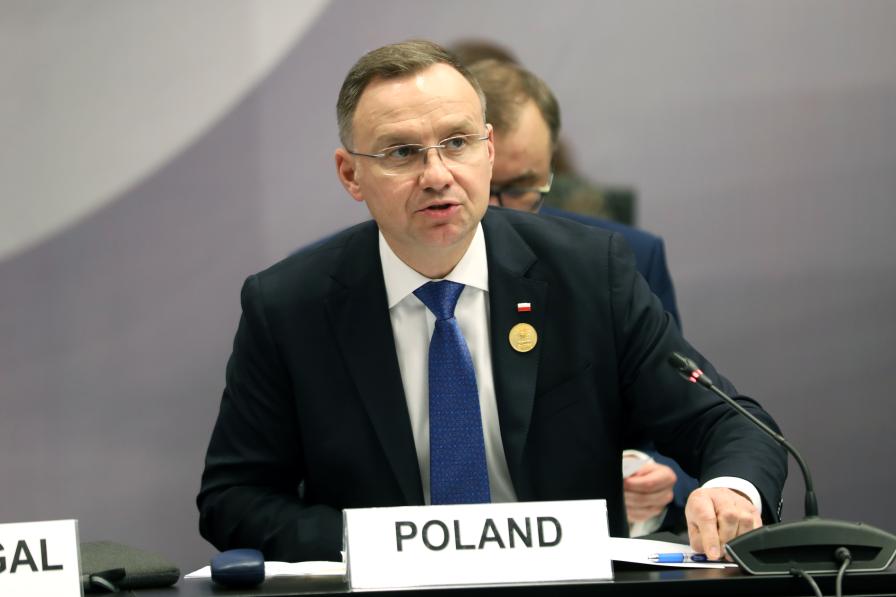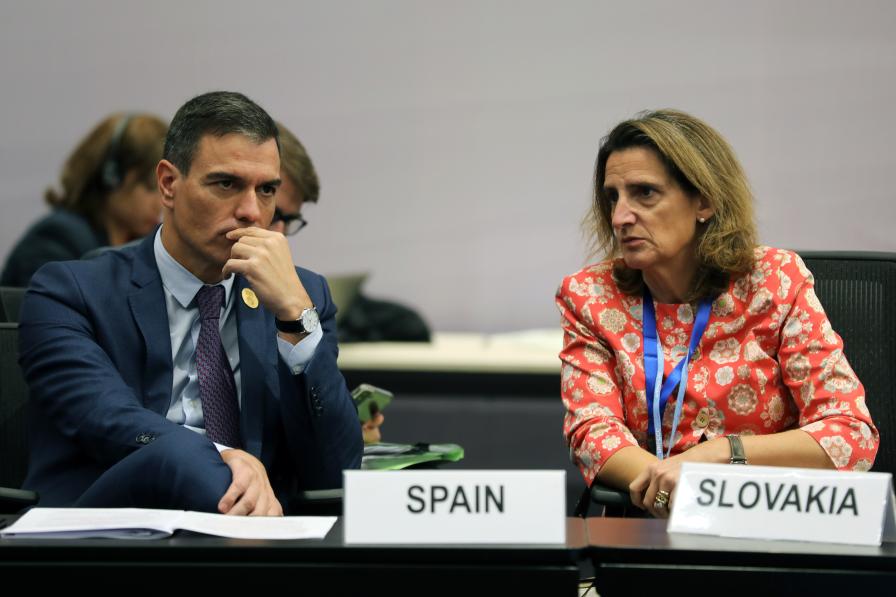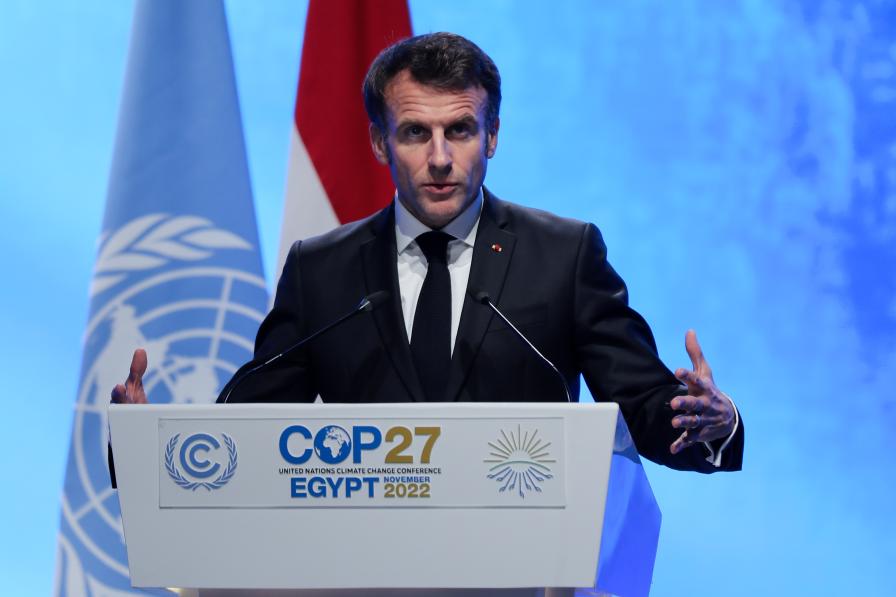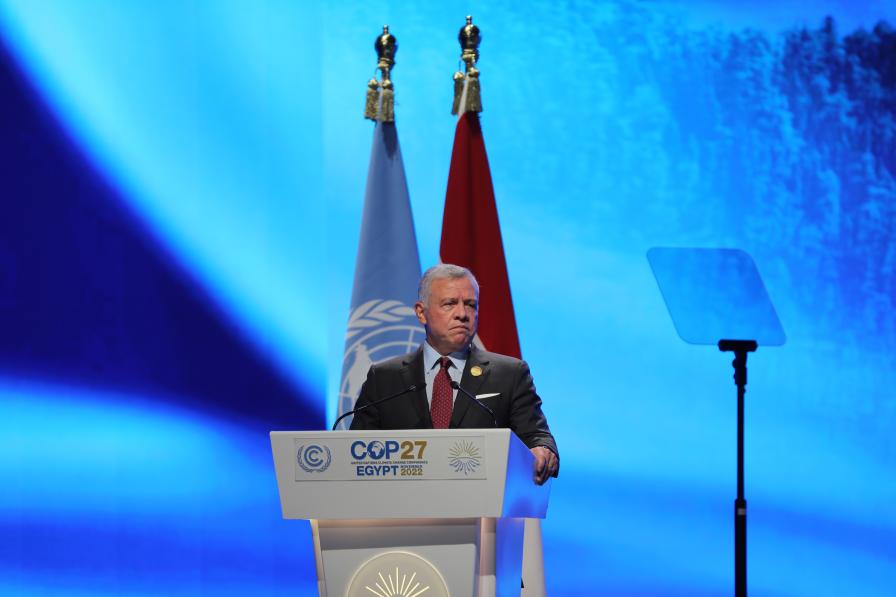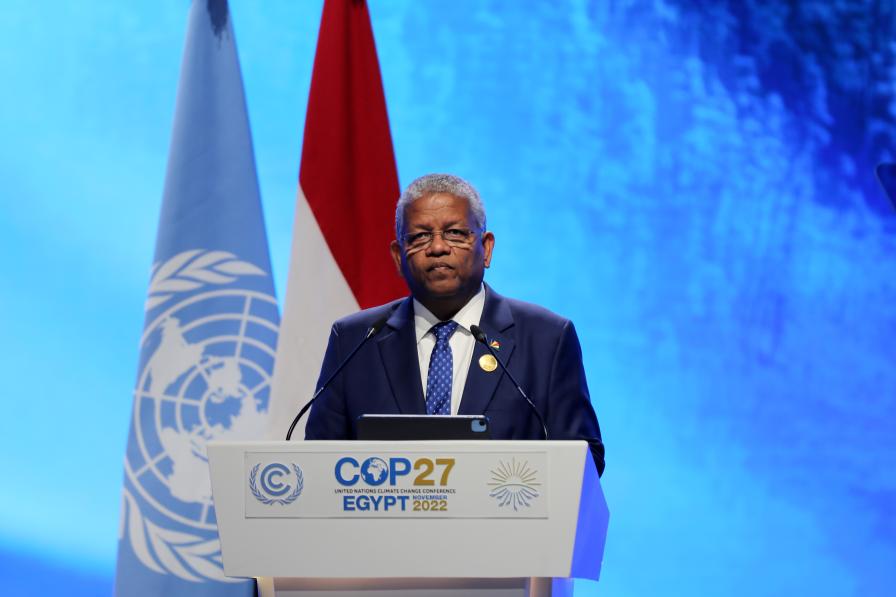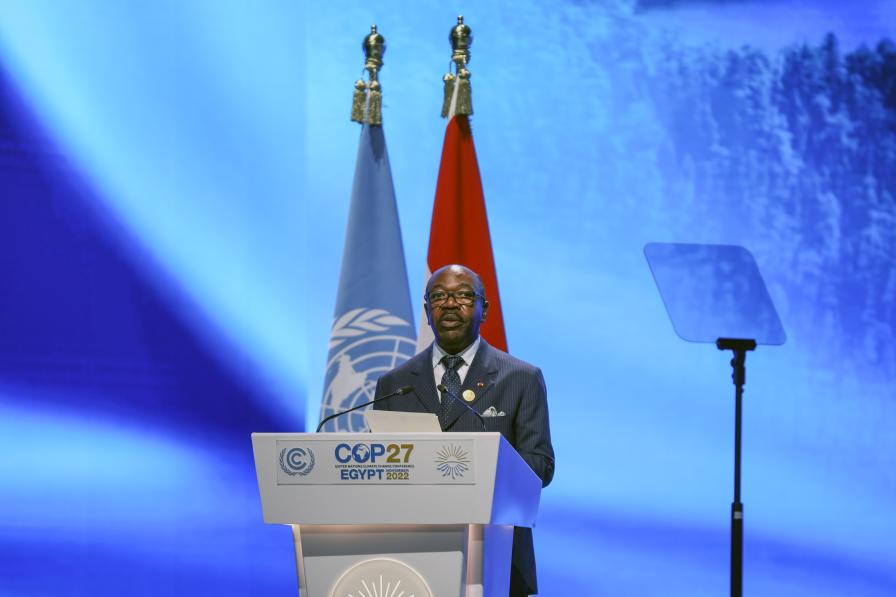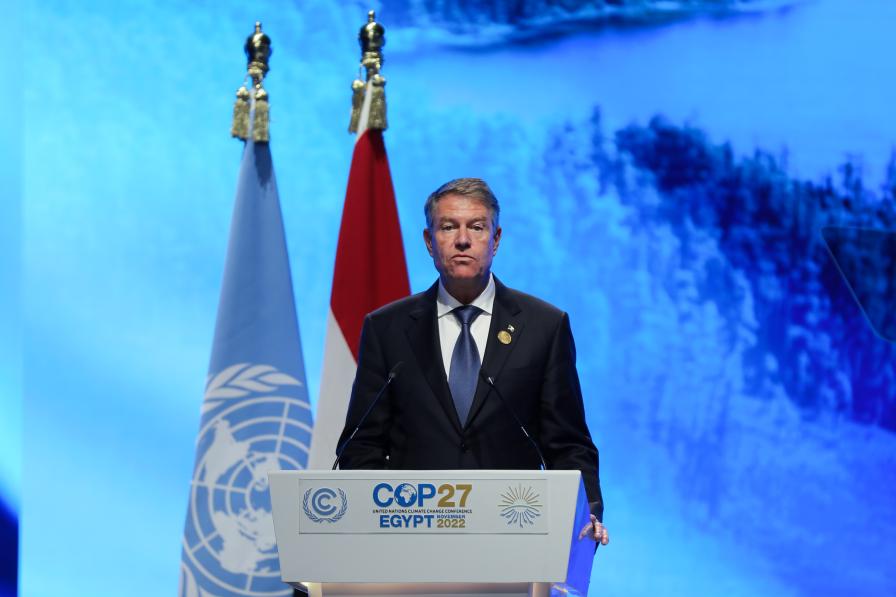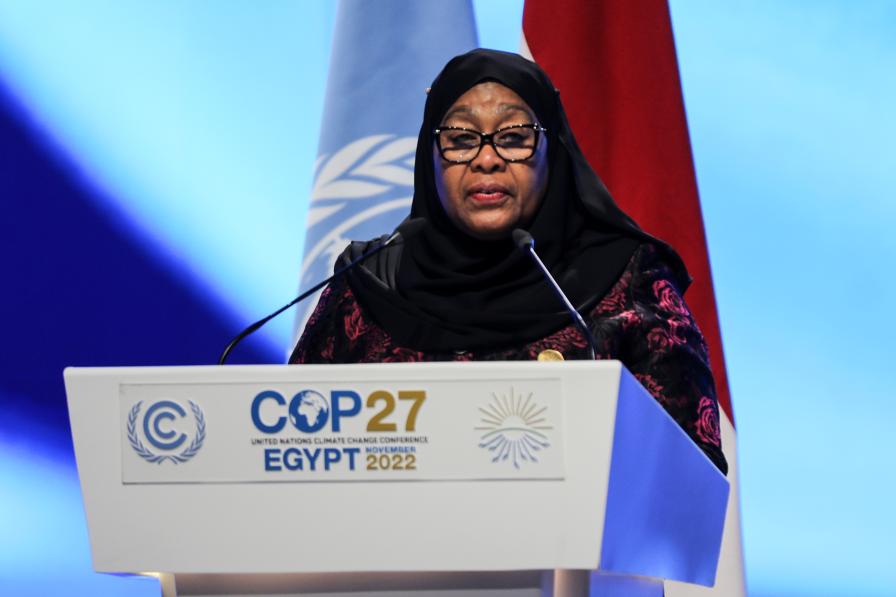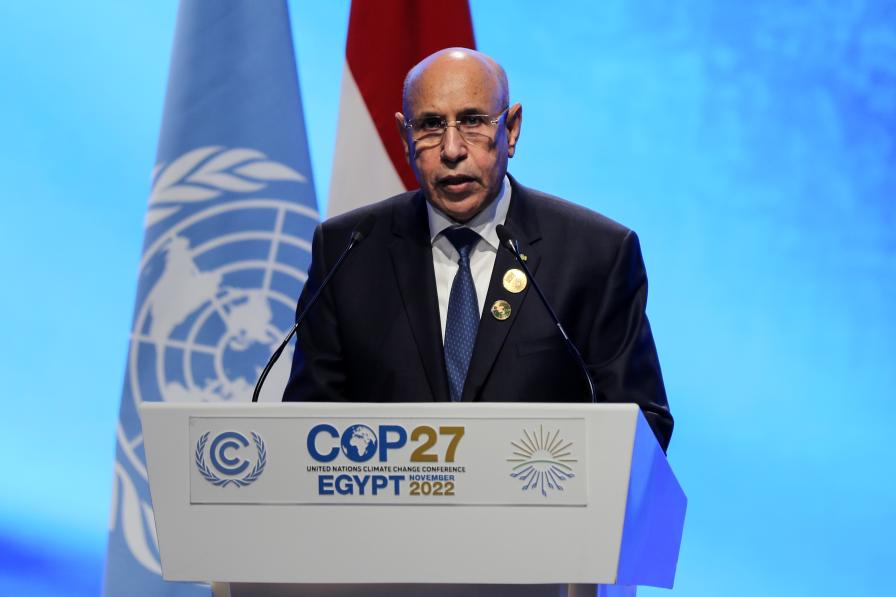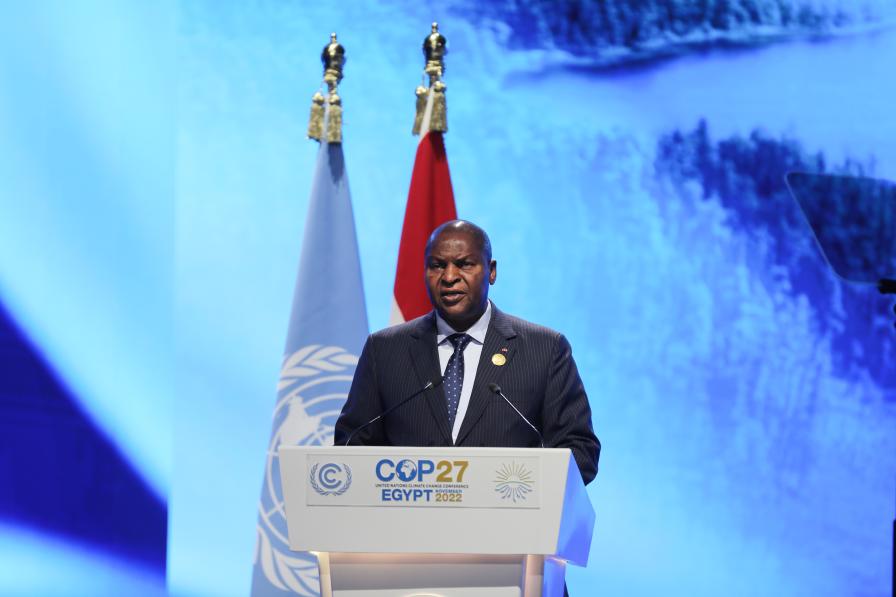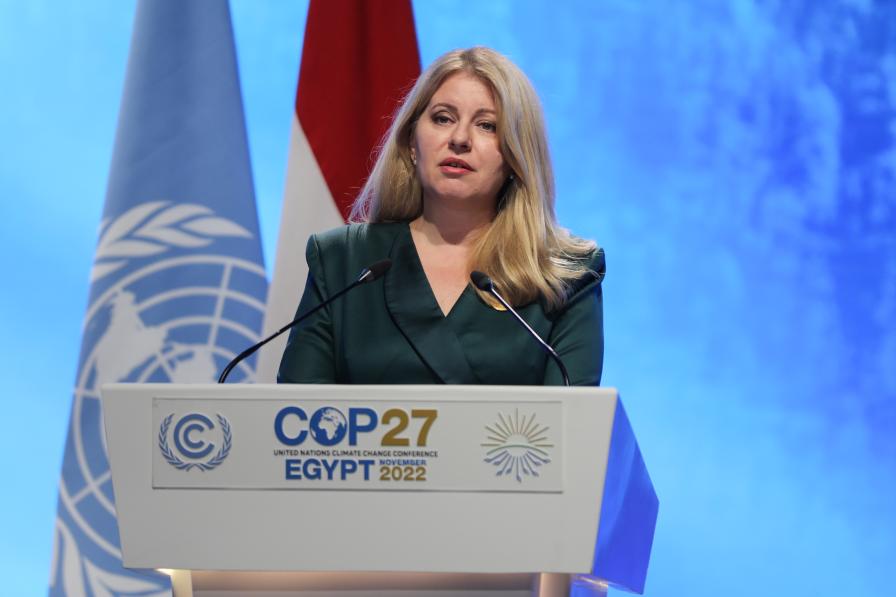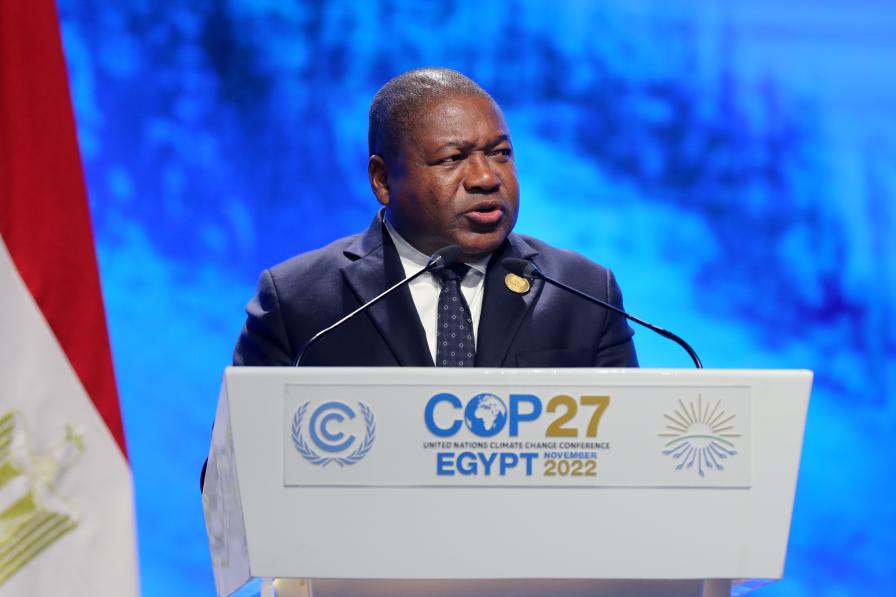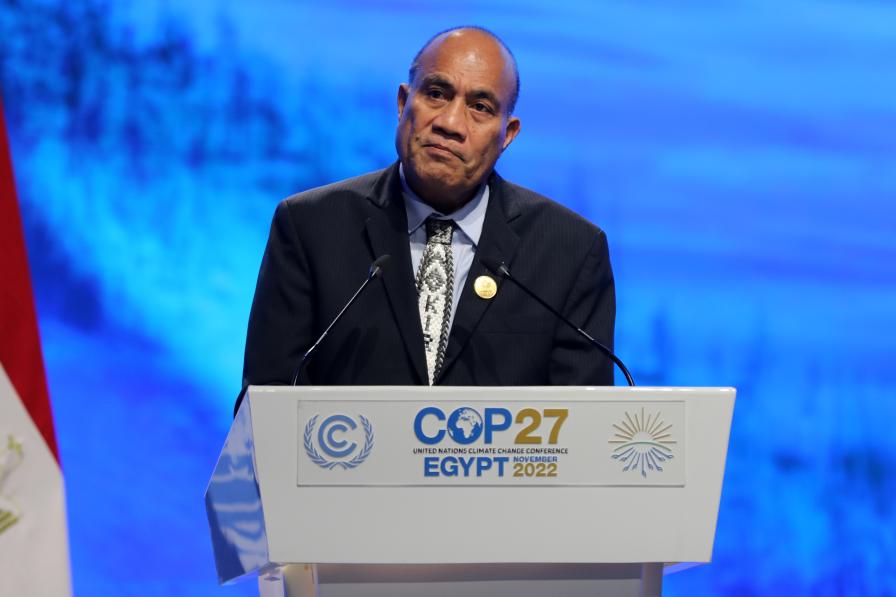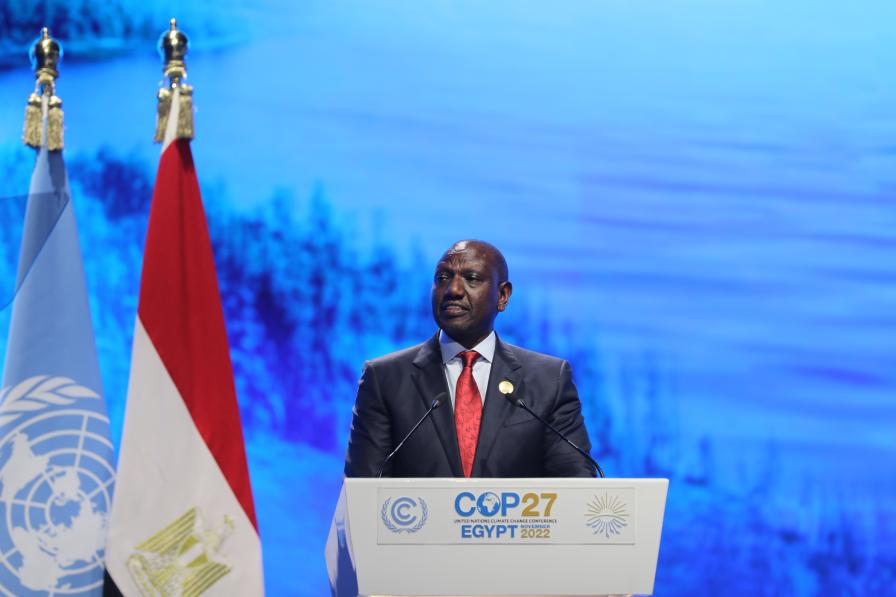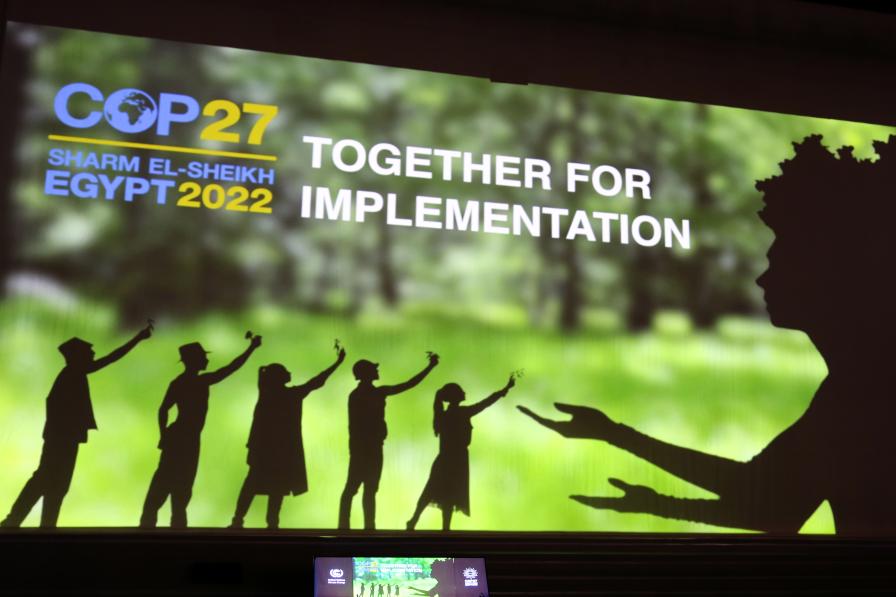Heads of State and Government and their entourages took over the conference venue on the second day of the Sharm El-Sheikh Climate Change Conference. With their presence, leaders aimed to signal sustained momentum on climate action. In parallel, intergovernmental negotiations got up to speed. Discussions on some agenda items, such as those related to cooperative approaches under the Paris Agreement (Article 6.2), drew such crowds that they surpassed room capacity.
Want to dive deeper? Read the full Earth Negotiations Bulletin daily report in English, Français, Español, 日本語.
Sharm El-Sheikh Climate Implementation Summit
Egyptian President Abdel Fattah El-Sisi invited Heads of State and Government to outline concrete actions and credible plans to continue raising ambition.
UN Secretary-General António Guterres called for a climate solidarity pact between developed countries and emerging economies, with leadership by the US and China, and for taxing the windfall profits of fossil fuel companies. “Cooperate or perish,” he warned, adding that “failure to deliver on climate is a collective suicide pact.”
Keeping up with his efforts to promote increased accountability, Simon Stiell, Executive Secretary of the United Nations Framework Convention on Climate Change (UNFCCC) asked leaders to: ensure consistency between the visions expressed in their high level statements and their delegations’ positions in the negotiations; convene their cabinet ministers to strengthen domestic climate plans and step up implementation; and ensure all their work reflects the urgency of the climate crisis.
There was broad consensus that the cost of inaction will surpass the costs of climate action. Developing countries urged delivery of the USD 100 billion annual finance commitment, with many underscoring the need for concessional finance. Several developed countries reiterated their intent to live up to their commitments.
Highlights included:
- Plans for new joint energy partnerships to support energy transition in countries such as India, Indonesia, and Senegal; and
- Plans for setting up a framework for similar partnerships with biodiversity-rich countries to support the protection of ecosystems that store high amounts of carbon, such as mangroves and peatlands.
Negotiations
Away from the spotlight, negotiators started getting into the nitty gritty of various agenda items. Items related to finance and cooperative implementation under the Paris Agreement (Article 6) dominated the day. The specter of the unmet promise by developed countries to provide and mobilize USD 100 billion in climate finance annually by 2020 loomed large over the discussions. Calls were also heard for more grant-based financing, more funding for adaptation, and more finance to be channeled through the funds under the UNFCCC’s guidance: according to a report by the Standing Committee on Finance, less than 1% of total climate finance flows come from the Green Climate Fund, Global Environment Facility and Adaptation Fund.
Around the venue, delegates attended various side events, and the Technical Dialogue under the Paris Agreement’s first Global Stocktake opened its second meeting.
To receive free coverage of global environmental events delivered to your inbox, subscribe to the ENB Update newsletter.
All ENB photos are free to use with attribution. For the Sharm El-Sheik Climate Change Conference, please use: Photo by IISD/ENB | Mike Muzurakis
Arrival of Heads of State and Government
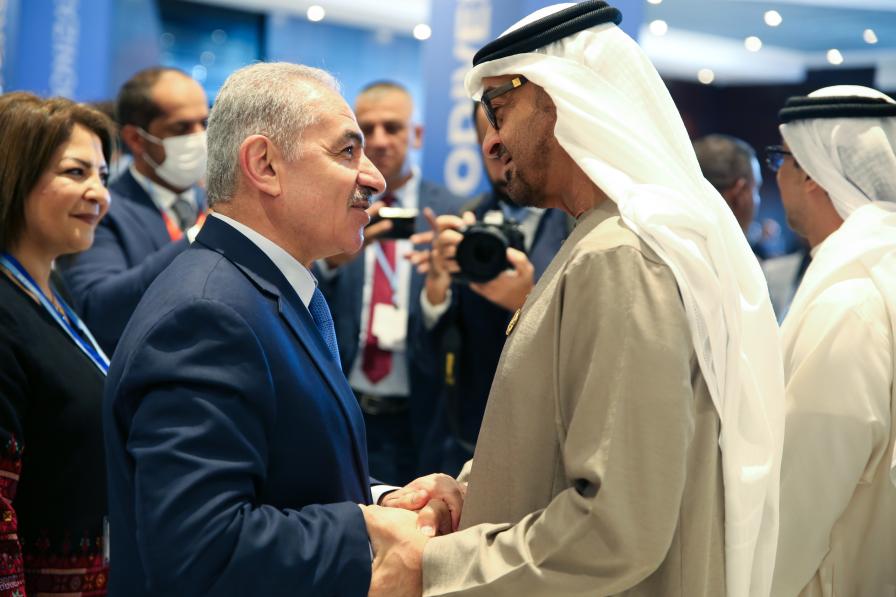
Mohammad Shtayyeh, Prime Minister of Palestine, with Mohammed bin Zayed Al Nahyan, President of the United Arab Emirates
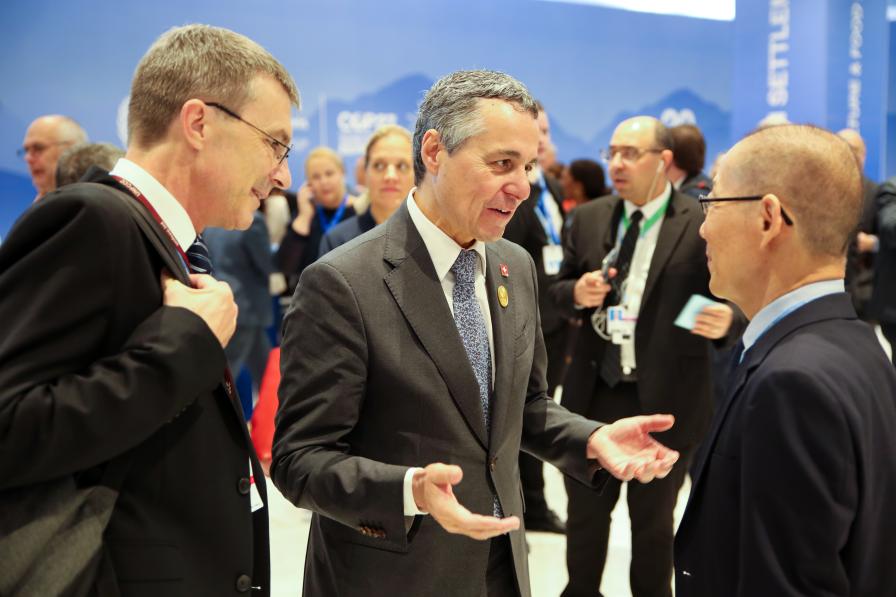
From L-R: Franz Perrez, Switzerland; Ignazio Cassis, President of Switzerland; and Intergovernmental Panel on Climate Change Chair Hoesung Lee
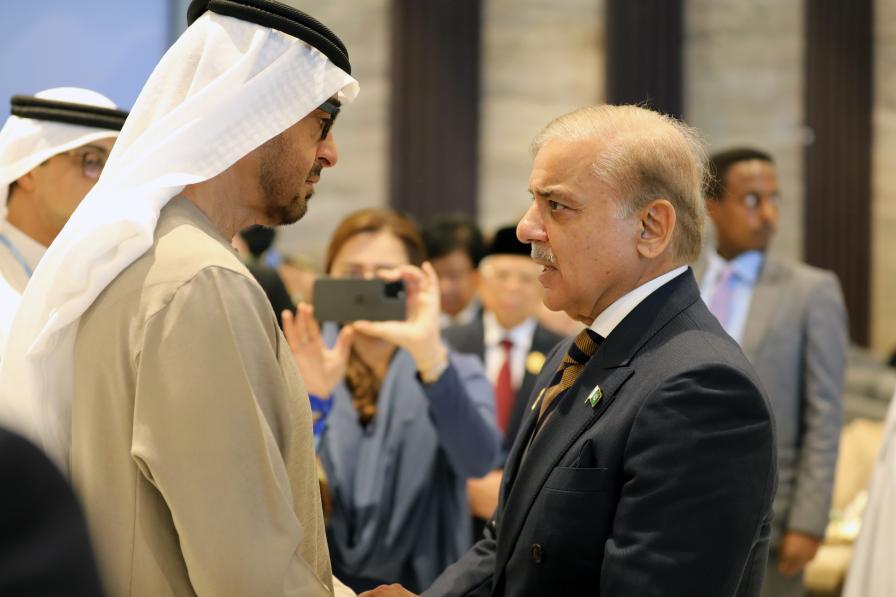
Mohammed bin Zayed Al Nahyan, President of the United Arab Emirates, with Mian Muhammad Shehbaz Sharif, Prime Minister of Pakistan
